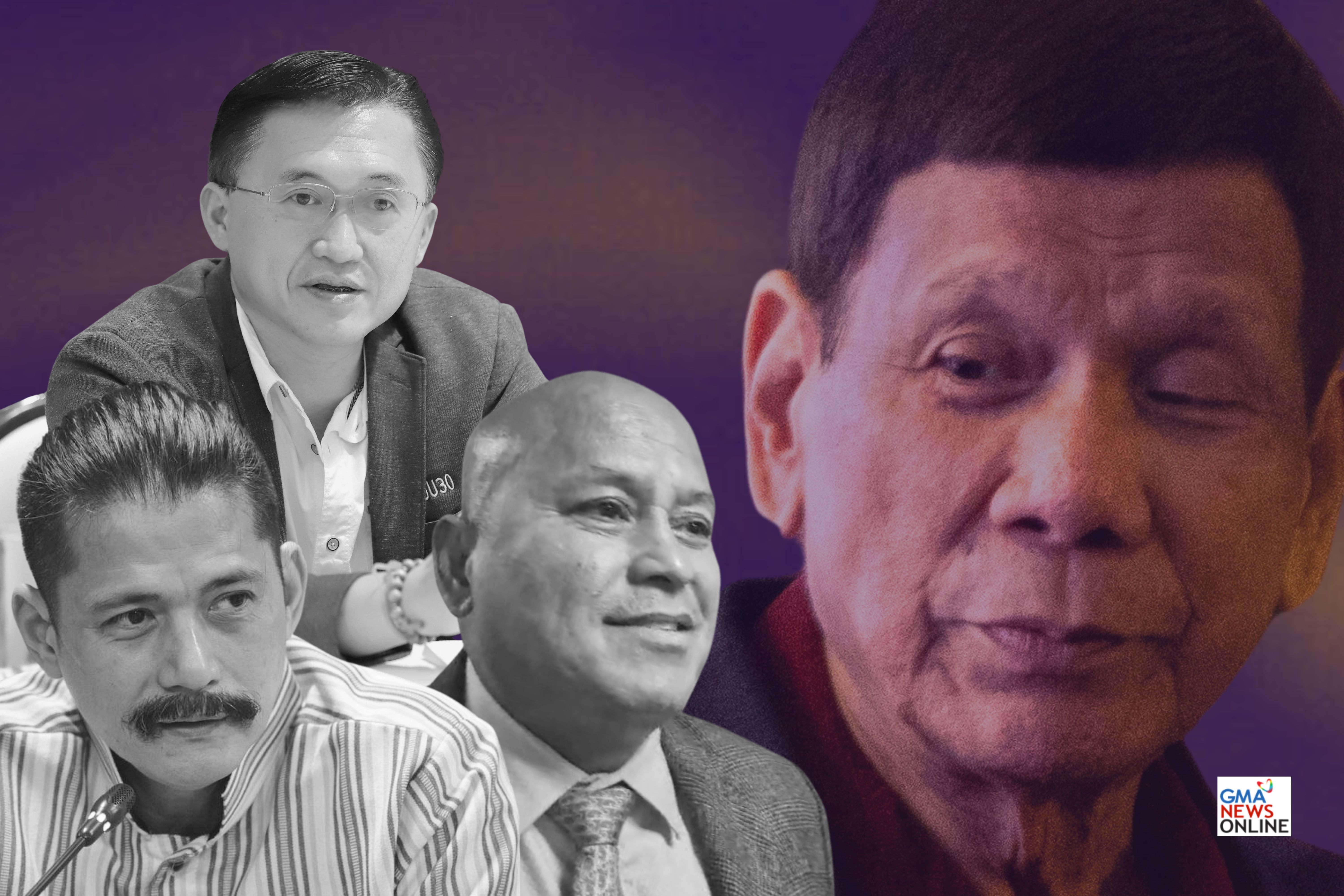In a historic vote in the Senate that recorded 15 in favor, 3 against, and 2 abstentions, a controversial resolution was passed asking the International Criminal Court (ICC) to allow former President Rodrigo Duterte to remain under house arrest—not abroad but in his own home in Davao.

At first glance, this may seem like a simple appeal for mercy for an elderly and ailing former leader. But upon closer examination, this decision reflects a deeper question: to what extent can the state grant consideration to a former leader facing serious human rights violations?
A Personal Exposure
Even before the official vote, several senators spoke one by one—not just as legislators, but as children, Filipinos, and people with deep personal ties to Duterte.
Senator Bato dela Rosa, former PNP chief and longtime ally of Duterte, could not help but reflect on his personal experience. In his story, he recounted how his father rejected the instigation of NPA rebels to demote him from the PMA. As a result, they fled to Manila and lived a life of hardship as informal settlers.
“I asked not as a senator, but as a son, as a Filipino who believes in forgiveness, compassion, and respect for the elderly,” said Bato. It seemed like this was a personal regret for not letting his own father return home—a decision he said he didn’t want to repeat now.
From Responsibility to Care?
For Senator Alan Peter Cayetano, the issue is not just about Duterte. In his powerful speech, he said: “There are human rights activists who say he was not given due process. But that does not mean we will deny him human rights.”
He also mentioned accountability—that even a former president must be held accountable if found guilty. But despite this, he insisted that an 80-year-old with a medical condition should not be held in a foreign prison while awaiting a court decision.
“This is not a political issue,” Cayetano added. “This is a humanitarian issue.”
Painful, Personal, and Heavy
Senator Bong Go also showed no emotion. He visibly held back tears as he recalled his closeness to Duterte. In fact, he likened the former president to being more than a true father to him.
“It’s sad to think that something worse could happen to him somewhere else—not here in his hometown, but in another country where no one knows him or will care for him,” said Go.

Go also revealed that Duterte has fallen several times, sometimes he doesn’t remember things, and he no longer wants to seek medical attention. “We are just trying to convince him through the doctor. He doesn’t want to. He says he is tired.”
House Arrest: Showing Mercy or Avoiding Justice?
But despite the emotional appeals of some senators, public skepticism has not disappeared. For some, this is a kind of “VIP treatment” for a former leader facing major cases—specifically the controversial “war on drugs” that has allegedly resulted in thousands of extrajudicial killings.
Some also say that this may be a tactic to save Duterte from a heavier sentence that could be imposed on him in the future, should his guilt be proven by the ICC.
But the Senate’s sentiment was clear: this is not the right time to punish someone who has not been proven guilty, especially if his health continues to deteriorate.
Why Not in Jail?
Senator Joel Villanueva once again pointed out that there are precedents in Philippine history. Even former Presidents Joseph Estrada and Gloria Macapagal-Arroyo were allowed to remain in hospital arrest despite the cases they faced. He said this is not new—but a demonstration of balanced justice and compassion.
“This is not just for Duterte. This is for the very nature of us Filipinos,” Villanueva insisted.
What’s Next?
Despite the resolution’s passage, there is still uncertainty about whether the ICC will allow it. It is clear to the senators that this is a “punch on the moon,” but a punch that for them must be struck before it is too late.
The question now is: will the ICC agree? And if so, will the families of the drug war victims accept it? Or will it only further open the wounds of the justice system that has not yet been served?
In the end, still human
The Philippines is a country built on the concepts of compassion, respect for the elderly, and forgiveness. But it is also a country crying for justice, especially for those who have lost loved ones.
If Duterte remains under house arrest and returns to Davao, is this a step towards unity? Or is it just an evasion of responsibility?
You are the judge.